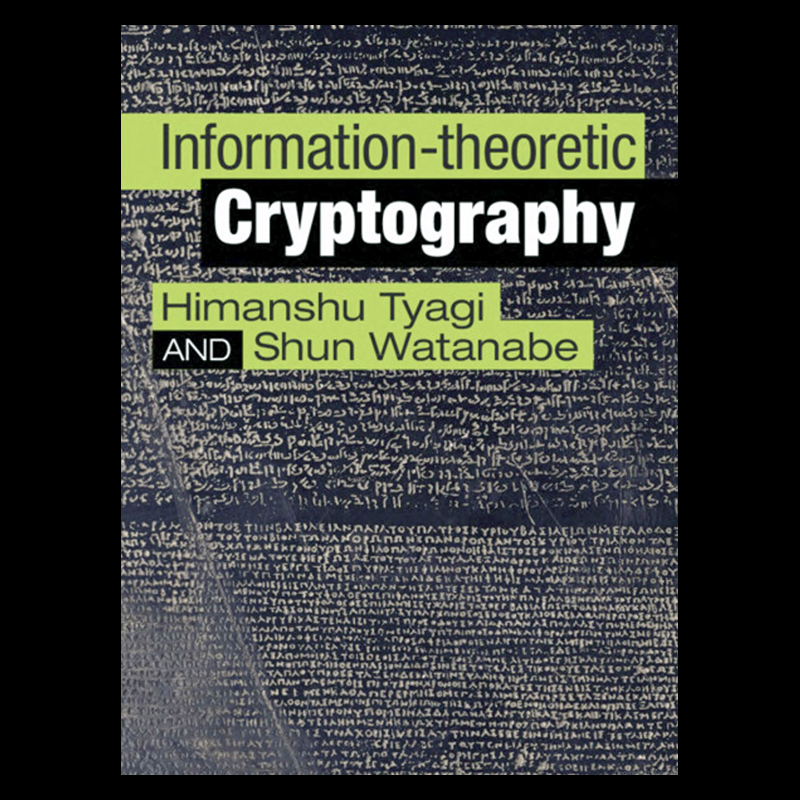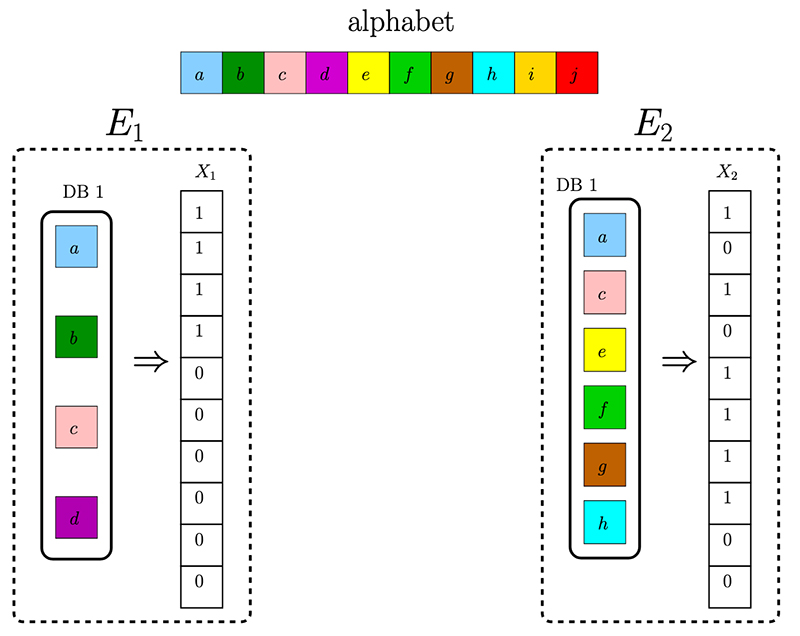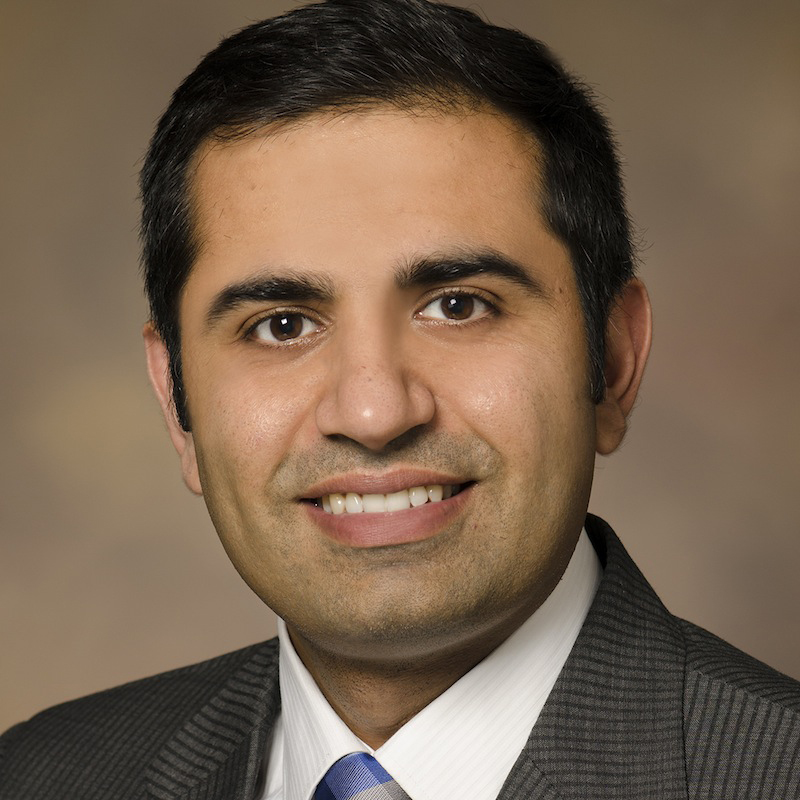News Story
Forthcoming information-theoretic cryptography book co-written by alum Tyagi and former visitor Watanabe

Two authors associated with Professor Prakash Narayan (ECE/ISR) have written a forthcoming book on information-theoretic cryptography. Shun Watanabe is an associate professor in the Department of Computer and Information Sciences, Tokyo University of Agriculture and Technology; and Himanshu Tyagi (ECE PhD 2013) is an associate professor in the Department of Electrical Communication Engineering, Indian Institute of Technology Bangalore. Tyagi was advised by Narayan as a PhD student.
Watanabe was a visiting assistant professor working with Prakash Narayan on network information theory in the mid-2010s. Together, they conducted research on the NSF-funded project, “Secure and Private Function Computation by Interactive Communication.”
Information-Theoretic Cryptography will be published by Cambridge University Press in June 2023.
The graduate-level introductory book offers a mathematical foundation for modern cryptography. Fundamental topics of cryptography are covered, starting from Shannon's classic result on secret key cryptography. The book is arranged in two parts:
Part 1 focuses on protections against external adversaries, including encryption, authentication and secret keys. This section covers basic information theory; secret keys and encryption; universal hash families; hypothesis testing; information reconciliation,; random number generation; authentication, computationally secure encryption and authentication; and secret key agreement.
Part 2 explores protections against internal adversaries and through secure computation strategies. Topics include secret sharing; two-party secure computation for passive adversaries; oblivious transfer from correlated randomness; bit commitment from correlated randomness; active adversaries and composable security; zero-knowledge proof; two-party secure computation for active adversaries; broadcast, Byzantine agreements and digital signatures; and multiparty secure computation.
Published March 14, 2023









